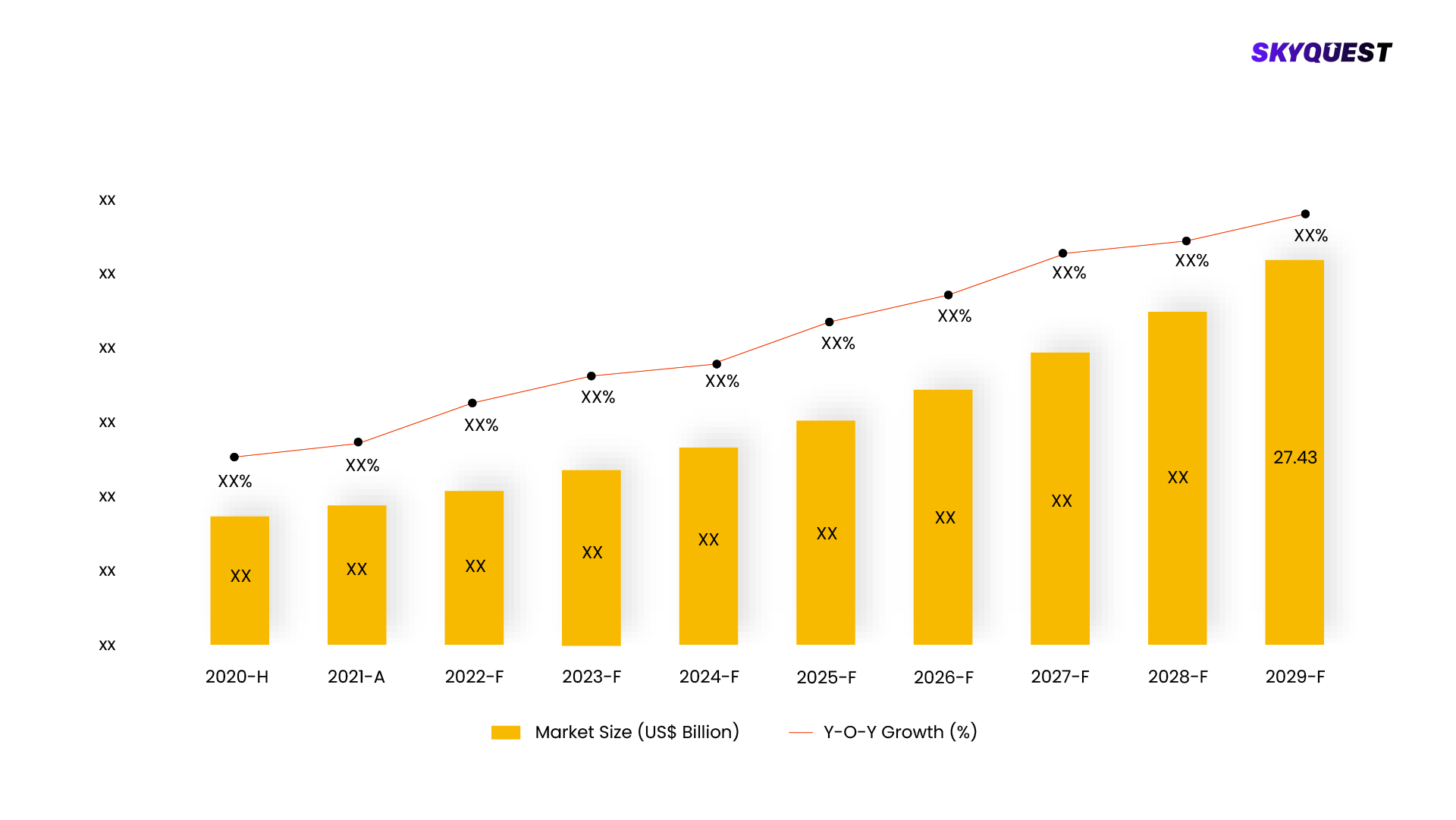
Product ID: UCMIG15B2004

Report ID:
UCMIG15B2004 |
Region:
Global |
Published Date: Upcoming |
Pages:
165
| Tables: 55 | Figures: 60
The global sodium sulphate market is expected to expand during the forecast period due to the rising demand for glass and detergents on a global scale. The sodium sulphate market is expected to experience substantial expansion in the near future due to the increase in the use of sodium sulphate across a number of sectors. During the projection period, the growing need for glass in development plans and other infrastructure projects in developed and developing nations are driving up demand for sodium sulphate. Furthermore, the worldwide sodium sulphate market is expanding due to an increase in construction activities that include the installation of glass in modern and intelligent buildings. Increased demand for solar energy is expected to accelerate market expansion.

This report is being written to illustrate the market opportunity by region and by segments, indicating opportunity areas for the vendors to tap upon. To estimate the opportunity, it was very important to understand the current market scenario and the way it will grow in future.
Production and consumption patterns are being carefully compared to forecast the market. Other factors considered to forecast the market are the growth of the adjacent market, revenue growth of the key market vendors, scenario-based analysis, and market segment growth.
The market size was determined by estimating the market through a top-down and bottom-up approach, which was further validated with industry interviews. Considering the nature of the market we derived the Diversified Chemicals by segment aggregation, the contribution of the Diversified Chemicals in Diversified Materials and vendor share.
To determine the growth of the market factors such as drivers, trends, restraints, and opportunities were identified, and the impact of these factors was analyzed to determine the market growth. To understand the market growth in detail, we have analyzed the year-on-year growth of the market. Also, historic growth rates were compared to determine growth patterns.
Our industry expert will work with you to provide you with customized data in a short amount of time.
REQUEST FREE CUSTOMIZATIONWant to customize this report? This report can be personalized according to your needs. Our analysts and industry experts will work directly with you to understand your requirements and provide you with customized data in a short amount of time. We offer $1000 worth of FREE customization at the time of purchase.

Product ID: UCMIG15B2004